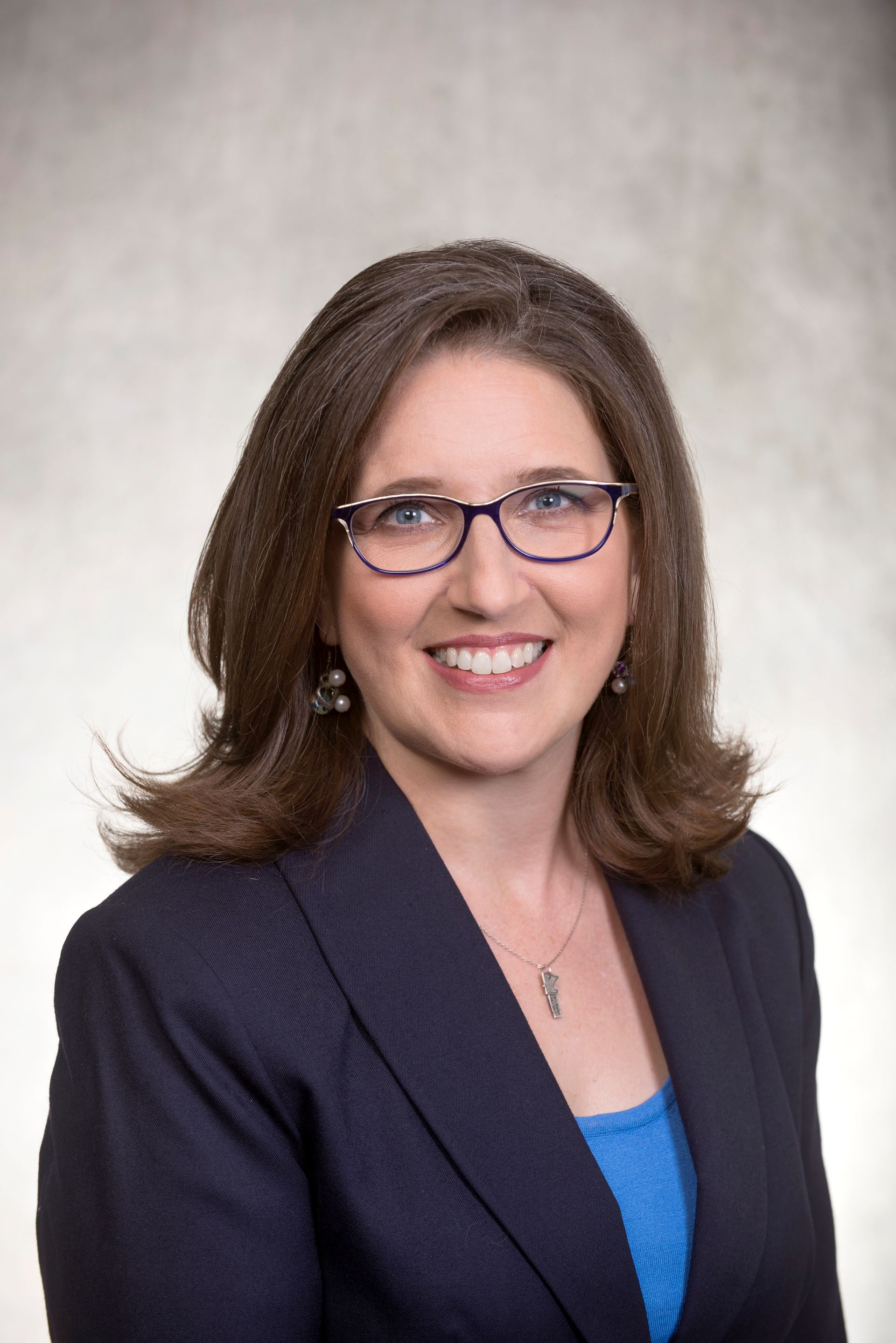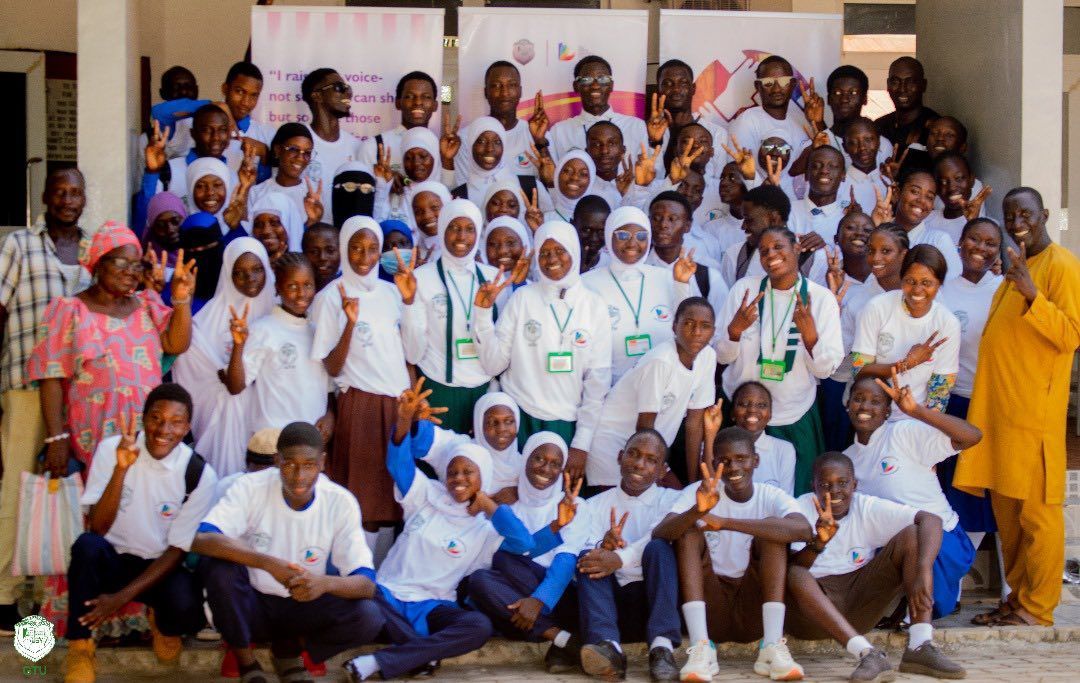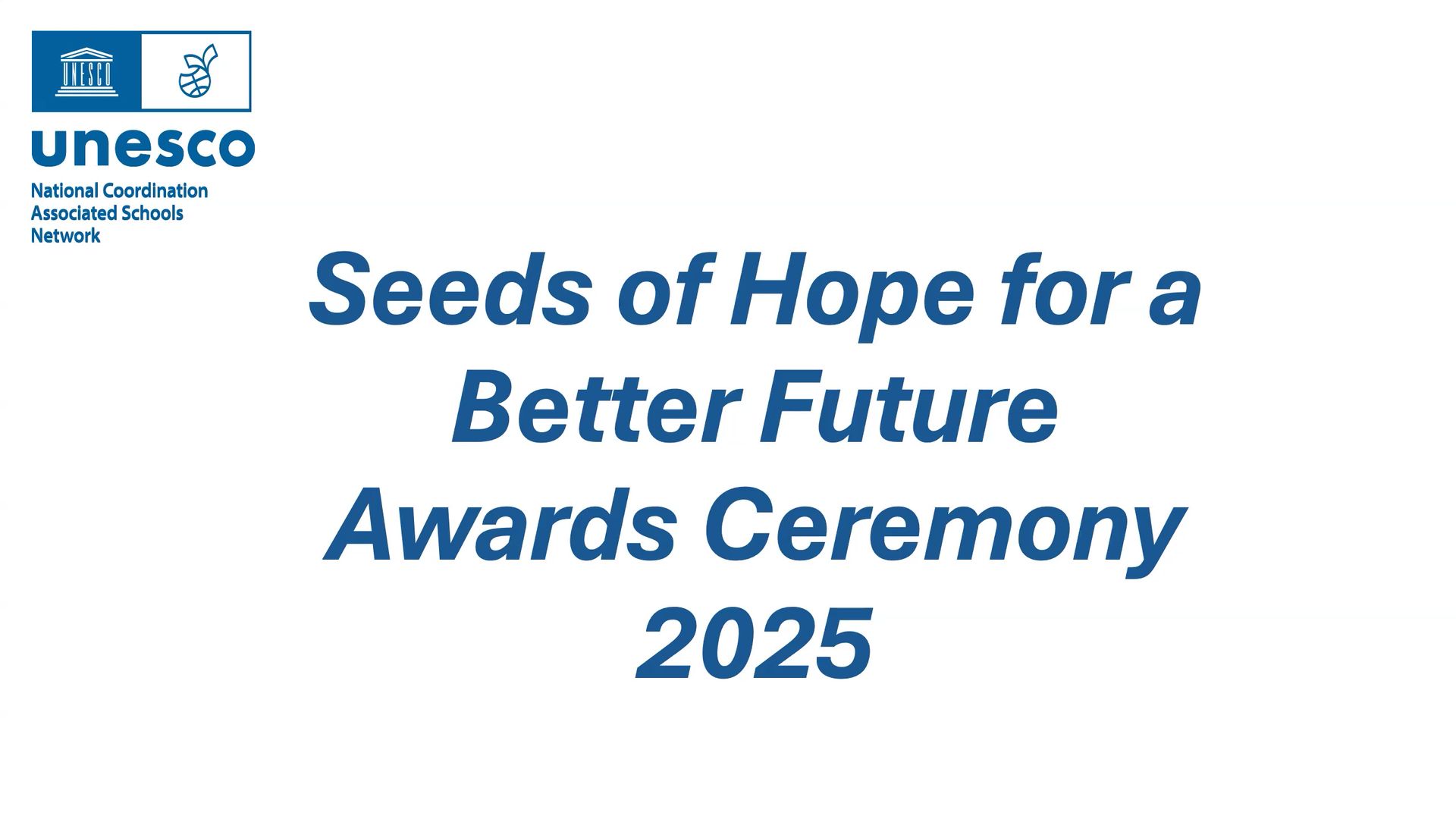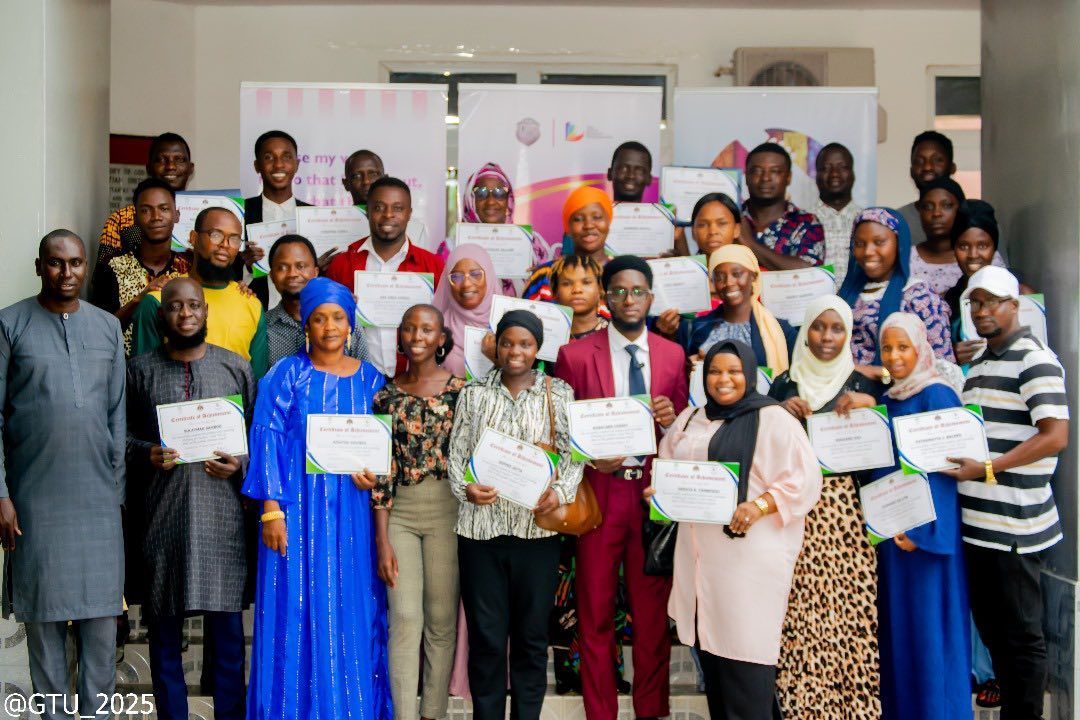Early in my work as the president of my local teacher’s union I was invited to a community leader meeting about reforming the teaching profession. Amidst the discussion of harsher teacher evaluations, raising standards for teaching, creating easier entry into the profession, merit pay for “good” teachers, and more, I brought up the fact that working conditions and salaries hadn’t meaningfully changed since the 1960s. “We’re in favor of paying math and science teachers more so they can be compensated closer to what they’d get in the private sector,” a business community representative replied, offering an idea that was not new to me.
Full disclosure: my dad was a career math teacher from that era of math and science majors who answered their government’s call to become math and science teachers who would boost the United States of America’s bench in the space race. I could easily picture how a larger salary could have changed our family’s budget.
Teachers’ unions like mine (and my dad’s) addressed pay disparities based on gender that were common a generation earlier by fighting for a salary schedule focused on experience and education.
So, I offered back, “If we want to differentiate pay related to the most important job in education, then we should seriously consider paying kindergarten and first grade teachers more than anyone because they teach students to read, which is the rocket science of education,” alluding to an influential issue of AFT’s American Educator magazine from 1999.
“Well, I’m sure those teachers are fine but I have volunteered in first grade classrooms and their work doesn’t compare to math and science teachers.”
Oh. Interesting. We clearly weren’t going to see eye to eye in our differentiated pay conversation.
More so, there are decades long gender stereotypes lurking behind that conversation. In addition to the history of gender based pay inequities, elementary school teachers are assumed to be female while more secondary teachers are male.
There has long been a disconnect between the importance communities, elected officials, and countries have placed on education. From local funding efforts to the United Nations Sustainable Development Goal 4: Quality Education, support for education is nearly universal in most communities. That support for education doesn’t always translate to support for educators and, with a majority of educators worldwide being female, that sets a dangerous precedent. Our teachers deserve professional working conditions because teaching and learning begins with their expertise. Additionally, a teacher’s working conditions are a student’s learning conditions and so administrators, public officials, or policymakers mistreating, undermining, or disrespecting teachers sends a message to students that teachers do not deserve respect, fair treatment, or professionalization.
In addition to a stubborn lack of recognition of teachers as professionals, a vicious cycle exists around salary. Teachers have historically low wages because it is feminized and because it is feminized teacher’s wages are suppressed. The evidence that belonging to a union, with the ability to negotiate collectively, improves teacher compensation is key in disrupting this vicious cycle.
Teaching has been a feminized profession for over a century and, despite efforts to diversify the profession, remains a feminized profession. In fact, the OECD reports that the gender gap increased from 2005 to 2019.
In order for our students to have the most representative learning conditions, we need the most representative teachers so we must continue to diversify teaching to represent everyone in our communities, including by gender. Efforts like Black Men Teach, active in my home state of Minnesota, can make a meaningful difference. I would posit treating the current majority female teaching population as professionals—with professional wages, recognizing their expertise in teaching and learning rather than infantilizing them, respecting their commitment to education rather than exploiting it—would both model for students the way to treat women (and thereby model for female students how they can expect to be treated in any profession) and create the conditions for everyone to see teaching as a profession worth pursuing.





